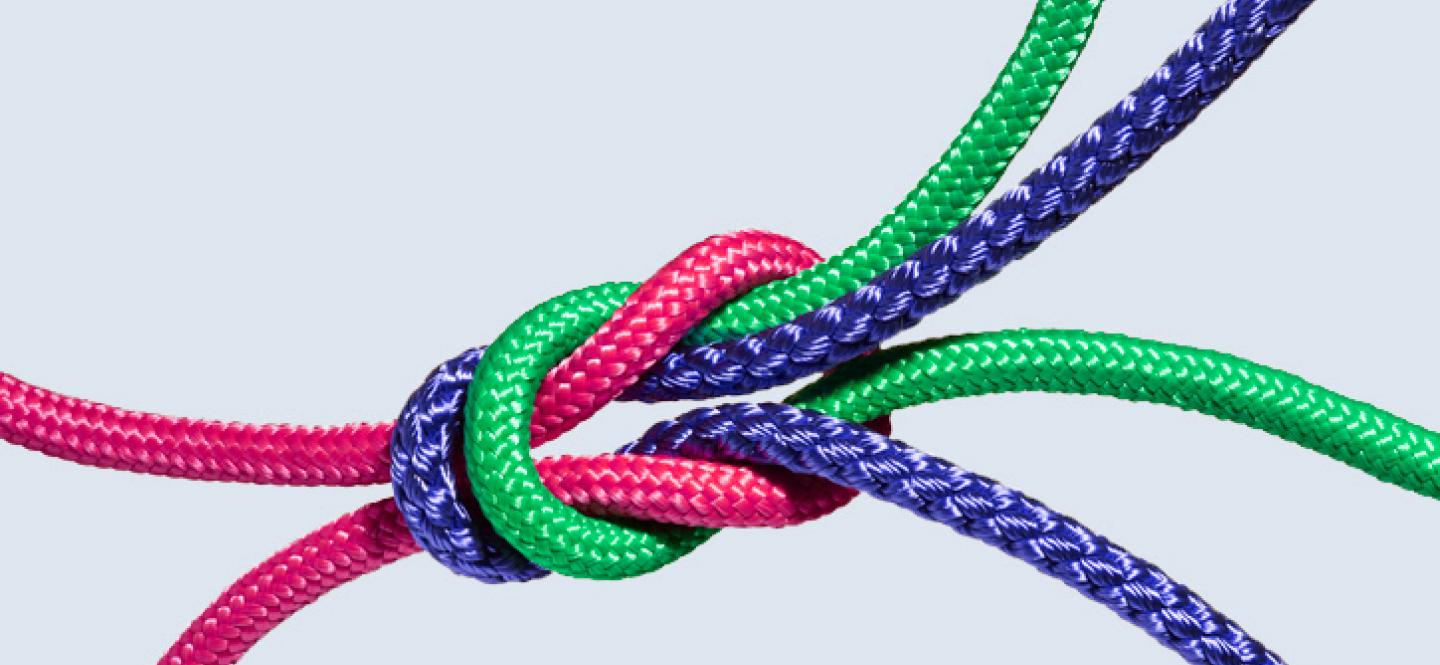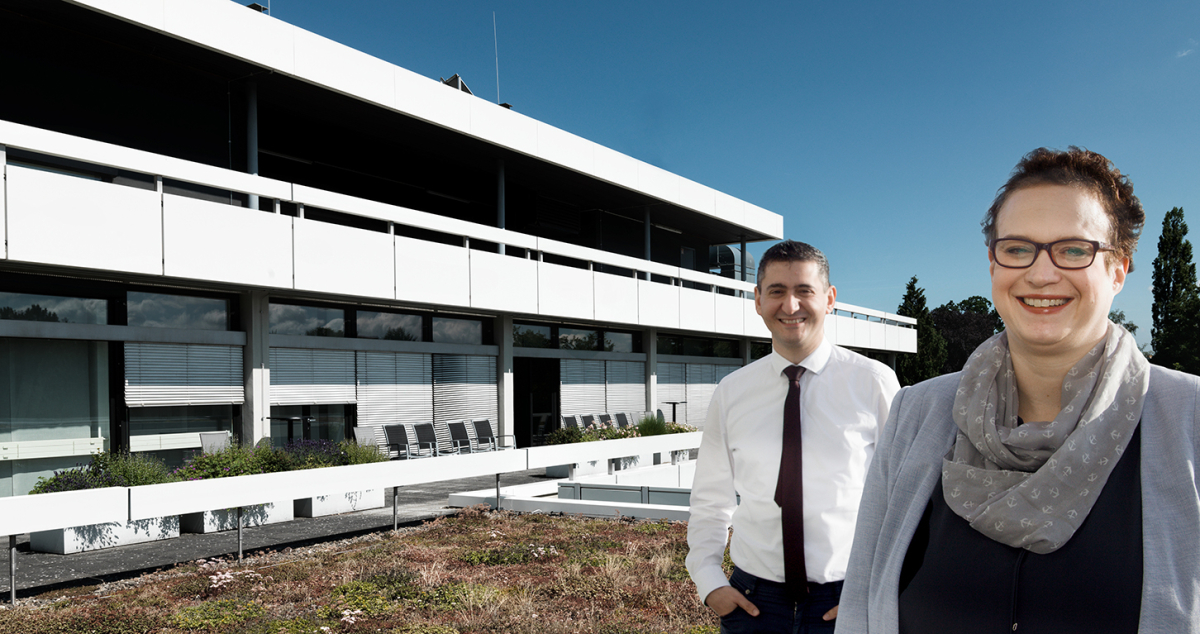Science communication: Foundation funds four new research centers

Richard Drury, GettyImages
How does science communication work? Which conditions are supportive? In order to sustainably advance research on science communication in Germany, the Foundation is funding four consortia with 15 million euros.
The response to the call for proposals with the title “Science Communication Cubed – Science of Science Communication Centers” was enormous: the Foundation received 27 applications from consortia encompassing 500 individuals from 300 institutions in 24 countries. The Board of Trustees has now approved four projects.
Secretary General Dr. Georg Schütte: "Science communication is increasingly seen as an integral element of the science system. But if one wants to live up to the responsibility to society that this entails, i.e., build trust based on integrity rather than squander it, more in-depth research and science-based quality standards are needed. The Foundation is now creating the necessary experimental spaces in which science and communication practice will develop new knowledge and inspiration in exchange with their target groups."
In der Ausschreibung "Wissenschaftskommunikation hoch drei" konnten sich Projekte bewerben, in denen die drei Perspektiven Wisskommforschung, Fachwissenschaft und Kommunikationspraxis zusammenwirken. Der Förderzeitraum beträgt fünf Jahre und kann um maximal drei Jahre verlängert werden. Voraussetzung für die Bewilligung war die Zusage einer Hochschule, die neu etablierten Zentren auch über den Förderzeitraum hinaus dauerhaft zu unterstützen.
In the call "Science Communication Cubed", project proposals were invited to interlink the three perspectives: science communication research, disciplinary research and communication practice. The funding period is five years and can be extended by a maximum of three years. A prerequisite for approval was the commitment of a university to provide permanent support for the newly established centers beyond the funding period.
Overview of the four approved projects
(Due to space limitations, only the lead applicants are mentioned. Each project involves participants from science and communication practice).
Communicating Planetary Health: The Munich Science Communication Lab
Applicant: Prof. Dr. Hans Brosius, Institute for Communication Science, University of Munich (and 14 other project participants)
This consortium that combines expertise from the fields of health and climate research will be brought together under the umbrella term "Planetary Health" in order to develop new narratives and models for science communication. "Planetary Health" serves as an example for so-called "wicked problems", i.e. challenges of global relevance that are difficult to solve because conflicting interests have to be reconciled and each solution triggers the next problem. How can such "wicked problems" still be negotiated constructively and participatively by drawing in the general public? What do the appropriate media and communication formats have to look like? In the empirical part of the research, but also in experimental applications to different target groups, support will be forthcoming from the city of Munich as well as partner institutions such as the Deutsches Museum and the natural history museum BIOTOPIA.
Evolving Visualizations for Evolving Health - The Kiel Science Communication Network
Applicants: Prof. Dr. Ilka Parchmann, Dr. Carolin Enzingmüller, Dr. Friederike Hendriks, Dr. Melanie Keller, all belonging to the IPN - Leibniz Institute for Science and Mathematics Education, Kiel University; Prof. Hinrich Schulenberg, Ph. D., Faculty of Mathematics and Natural Sciences, Kiel University; Prof. Tom Duscher, Muthesius University Kiel.
The Kiel Science Communication Network (KSCN) is intended to develop into a nationally and internationally visible center for research-based visual science communication. The thematic focus is on topics from the health sciences and medicine, which will be transferred into novel information visualizations through combining expertise from media and information design with science communication research. The participants will test in various constellations how innovative, science-based visualizations that satisfy the information needs of different target groups can succeed. To this end, interested parties from the general public will be invited to participate in joint design workshops, interactive exhibitions and pop-up events in vacant stores in downtown Kiel. Practical partners are the NDR (public radio and television broadcaster), Spektrum der Wissenschaft (science magazine) and the city of Kiel.

Dr. Cora Schaffert-Ziegenbalg and Dr. Selahattin Danisman are the program managers of the initiative.
Rhine-Ruhr Center for Science Communication Research
Applicants: Prof. Dr. Holger Wormer, Institute of Journalism, Dortmund University of Technology; Prof. Dr. Oliver Ruf, Institute for Media Development and Media Analysis, Bonn-Rhein-Sieg University of Applied Sciences, Sankt Augustin; Prof. Dr. David Kaldewey, Forum Internationale Wissenschaft, University of Bonn; Prof. Dr. Julika Griem, Kuturwissenschaftliches Institut Essen (KWI)
How can knowledge about the science system itself be communicated – about the roles, norms and values of researchers, the functioning of universities and research institutions, the importance of scientific publishing? In three subprojects, heuristics, quality standards, and formats are to be developed to enable a better-informed public to engage more actively in communication with science and its institutions. The consortium focuses on the interdisciplinary field of science research with subdisciplines such as sociology, philosophy and history of science, but also on specialized fields such as bibliometrics and data science. Together with the practice partners Science Media Center and the Science Press Conference, infrastructures for the exchange between science, journalism, politics and other target groups are to be developed.
Center for Rhetorical Science Communication Research on Artificial Intelligence
Applicant: Prof. Dr. Olaf Kramer, Seminar for General Rhetoric, University of Tübingen (and ten other project participants)
While AI research is making massive progress, fascination and enthusiasm are competing with doubts, skepticism and fears in the social debate. Which conflicting interests and emotions are guiding public opinion? The consortium wants to find the answer from the perspective of rhetoric and science communication research by analyzing narratives, frames and topical arguments as well as their effect on different target groups. From the field of AI research, the Tübingen AI Center and the Excellence Cluster "Machine Learning – New Perspectives for Science" at the University of Tübingen are among those supporting the project. Together with the practice partner "Wissenschaft im Dialog" (WiD is the German organisation for science communication of the scientific community), new methods of participatory science communication in the field of AI topics are developed and tested nationwide. The scientific findings and communication recommendations will be made available in a transfer concept.
